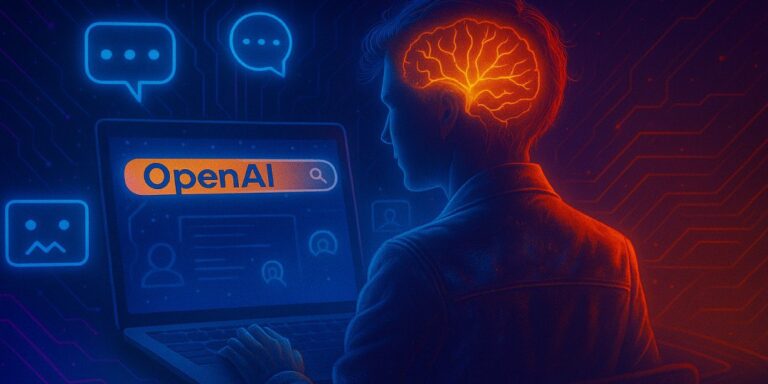No one knows where AI will eventually take us, although predictions around the topic roam around in our daily chit-chats. We have traveled far from the era of the traditional ecosystem to the digital world, exploring every side of the online realm. Now, the latest news on the prominent AI platform, OpenAI, landed with a ‘whoosh’: OpenAI will soon launch its AI-powered web browser!
The company behind ChatGPT is focused on introducing a new web browser that is completely integrated with AI. Expected to launch by the end of July, the new initiative is rolling out features redefining the user experience. Curious to know what this next-gen browser has to offer? Read on.
Key features of OpenAI’s upcoming Web browser
According to a report by Reuters, the new web browser would integrate Operator, its AI agent product. There would also be more AI agent products added to the browsing experience. These AI agent products are designed to carry out tasks on behalf of the user.
ChatGPT-style chat in the browser
The web browser will display a built-in conversation interface where you can interact through ChatGPT-model chat. This feature is directly embedded in the browser.
No more tabs to search for data
Going to a browser, opening multiple tabs could be a tasky job for many. With the new web browser, you can save time! Just ask what you need in the browser’s chat system, and it can do real-time web access.
Operator AI agent integration
Operator, OpenAI’s upcoming AI agent system, is one of the significant expected features of the web browser. By integrating this AI assistant, the browser can autonomously perform complex tasks on behalf of users. The AI agent does not simply suggest, but it acts!
Built on Chromium
Chromium, a free and open-source web browser, is a project developed by Google. OpenAI’s web browser is being built on top of Chromium, enabling more privacy.
Provides contextual info
A similar thing that most of the social media platforms do. Fetch users’ usage patterns and mostly consumed data to provide more relevant information. And, this is exactly what the new browser will do; it will analyze browsing history and usage patterns to provide information preemptively.
Is OpenAI’s upcoming web browser a challenge to Google Chrome?
Discussions have raised, and tech-savvy individuals have started asking: Will the new web browser take over Google Chrome? Google Chrome, the most widely used web browser, is most of us top choice browser. The browser does not have any integrated AI tools, and therefore, it could face a threat from the AI-backed web browsers, which is the simplest answer. When something has AI at the center, then it has more potential to grow.
Perplexity’s Comet could also make waves
Perplexity, a new start-up, an AI-powered search engine, is on the rise after it launched an AI-powered browser, Comet, on June 9. The browser typically helps summarize, search, and automate tasks inside the browser. Like OpenAI’s AI agent, Operator, Comet has Comet Assistant.
Both Comet and OpenAI’s upcoming web browsers have almost similar user experience; Comet enhances user-controlled AI assistance for summarization and browsing, while OpenAI’s browser implements AI autonomy to perform tasks on behalf of users.
The era we live in is the era of AI, opening up numerous opportunities in various aspects of our lives. Whether in our jobs or daily needs, AI’s footsteps are becoming impactful. The question we need to ponder is: Will AI become a quintessential and unavoidable part of our lives?











